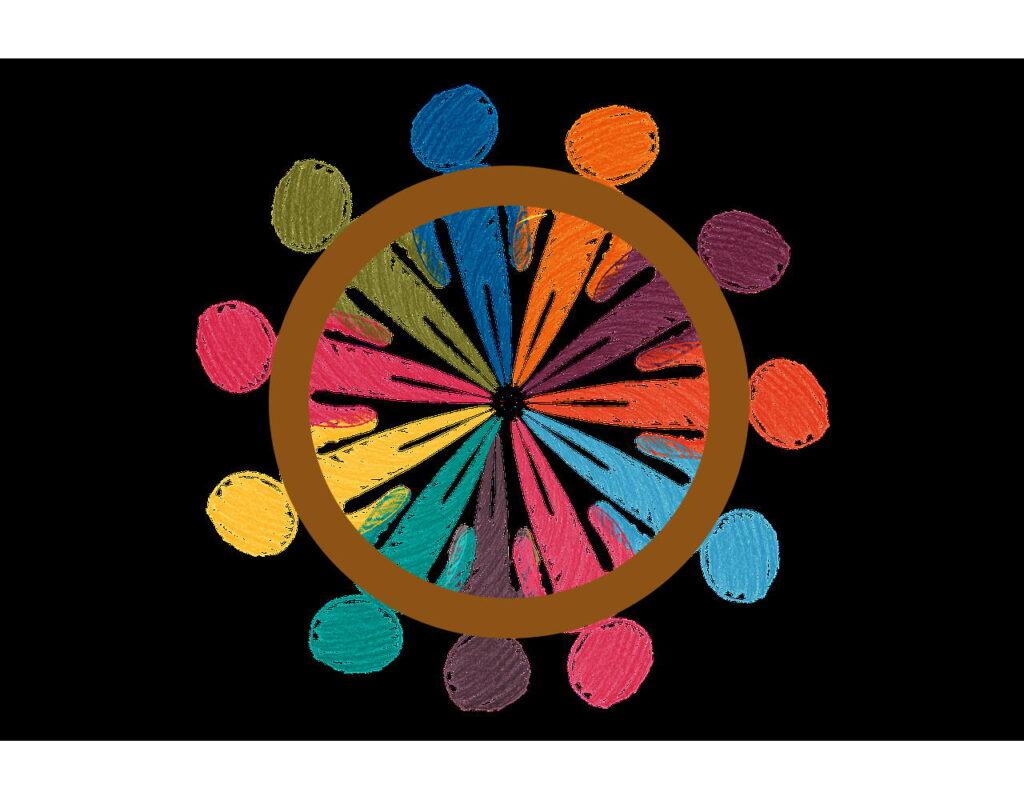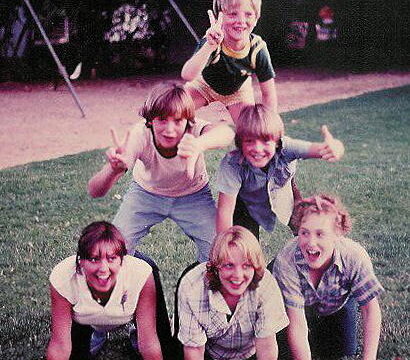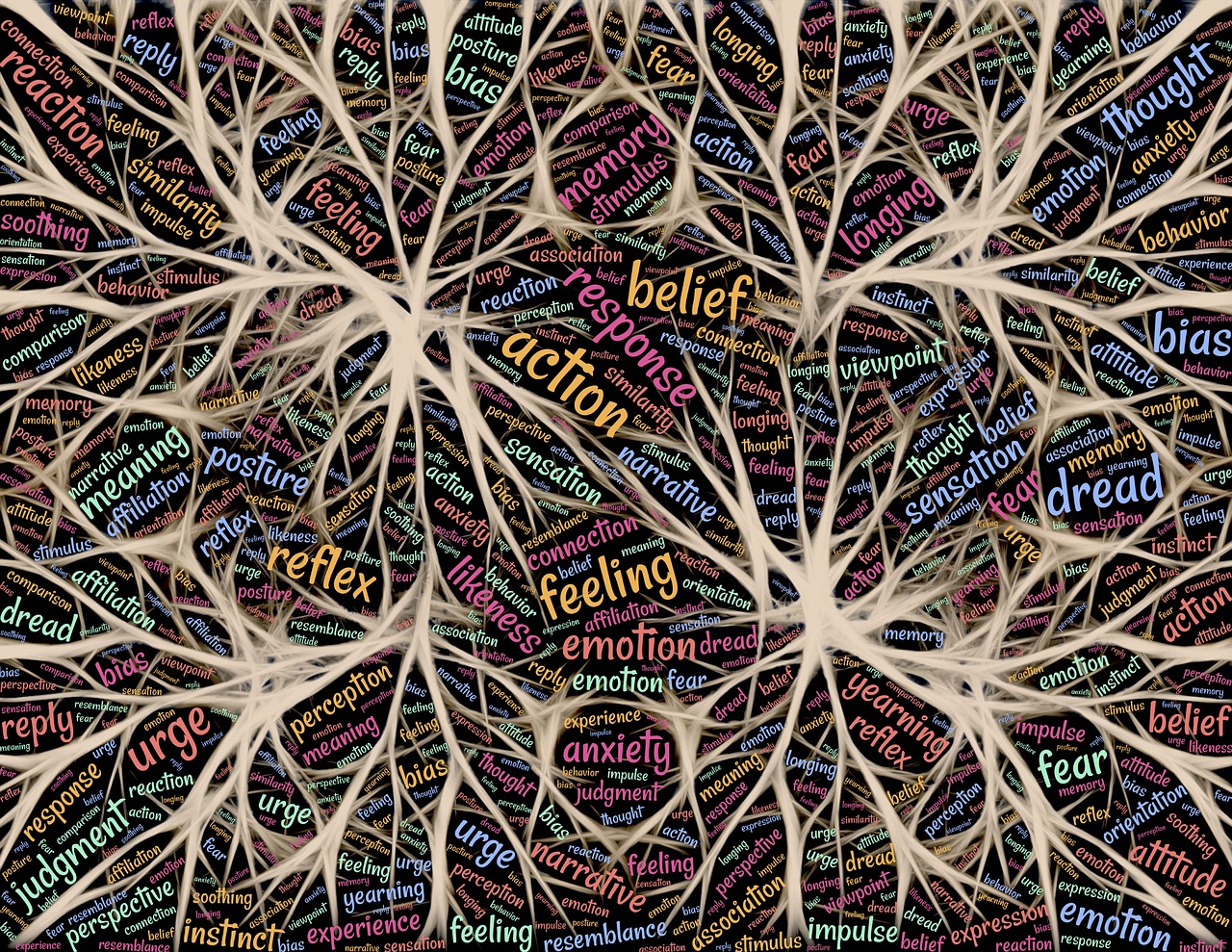Put a memory stake out in front of you at least five minutes. When you arrive at the point, stop and think about how you felt during those minutes. What was the feeling in your chest? What was your attitude about what you were seeing? Were you happy, entertained, anxious, disgusted, sad, curious, angry, tense, jealous, or all of those?
Human Firmware Was Not Programmed for This Stuff
While you scroll along the path the computer algorithms decide to show you, the images entering your brain are evoking at least two primitive responses. First, you are in exploratory mode. You don’t know what is next but you know it’s coming soon and there is a natural anxiety, a ready-for-whatever-comes tenseness that puts you and your body in flight-or-fight condition. Then there is the repeated let down when it turns out to be something else. So you are on a fear and relief emotional roller coaster. Your adrenal glands are getting hammered.
The other basic operator is your natural curiosity that keeps you hoping that something important will come up next. So you scroll on, driven by the fear of missing out. It’s the anxiety that’s taking a toll on your well-being.
Millions of dollars have been invested to make sure this habit-forming game plays on and on and on. It makes your emotions the center point of the social media business model. You pay your life to build their business.
You Are a Volunteer Employee in the Marketing Enterprise
As long as you keep scrolling, you are completely at the mercy of the algorithm that’s presenting the next image. Out of the millions of posts that were made during the preceding seconds, you are presented with that tiny portion the algorithm decided would most likely keep you engaged.
That’s it.
That’s all there is to it.
The whole object is to keep you scrolling and seeing the interwoven ads so they can tell their advertisers what the probabilities are that you will see their ad. That’s it! The more ads they can present without losing you, the more they can charge their advertisers.

You are their wheel of fortune. And your head and your heart are where your rubber meets their road.
The matter of concern here is the answer to these questions: “What does it cost you to be the slave that keeps their wheel of fortune turning? Does that tenseness in our chest cost you peace of mind? The statistics are out there. You may want to investigate. TikTok is one of the worst.
Now That Was Sort of Cynical
But to avoid being a slave to the system, you must be aware of its sole purpose. You can keep in touch with friends, share wonderful memories, look for ideas, share concerns, etc. etc. And that’s all well and good.
But if you feel anxiety in your chest while you scroll along, you may find life more satisfying and restful if you go outside and just stroll along. After all, you can keep in touch, share with friends, etc on a number of networking apps like Slack where scrolling just reviews your earlier conversations. It’s a private network and great for controlling your exposure. But if you want public involvement, use Twitter, Facebook, Instagram, etc. Just know what you are doing, how much it costs you, and why you are doing it.

Maybe you are just following the wrong crowd; one that makes you feel inferior. Or maybe it’s the amount of bad news – no one can carry the whole world. Please pay attention to the time and emotional costs you are paying. The algorithms designed to keep you engaged can lead you down a path to anxiety and depression.
It will help your perspective if you always remember that with social media you are sitting across the table from a huge, “all-knowing” computer. It is using you to keep the wheel of fortune turning for the benefit of someone behind the screen that you cannot see.





